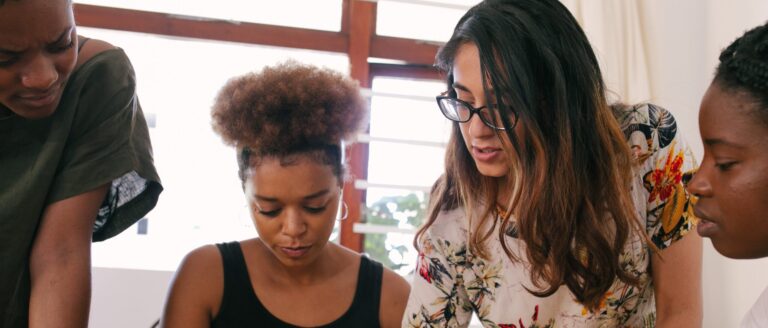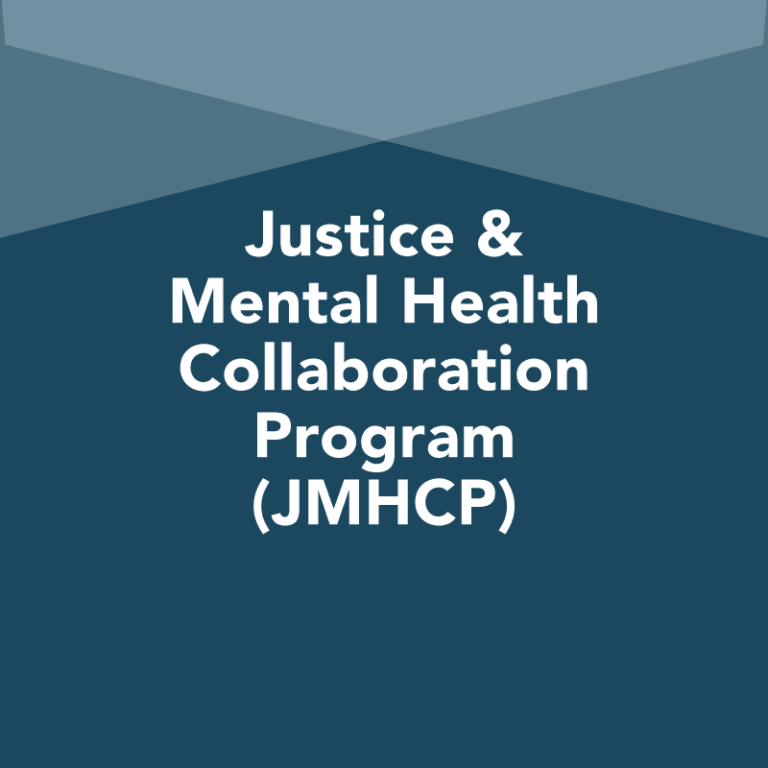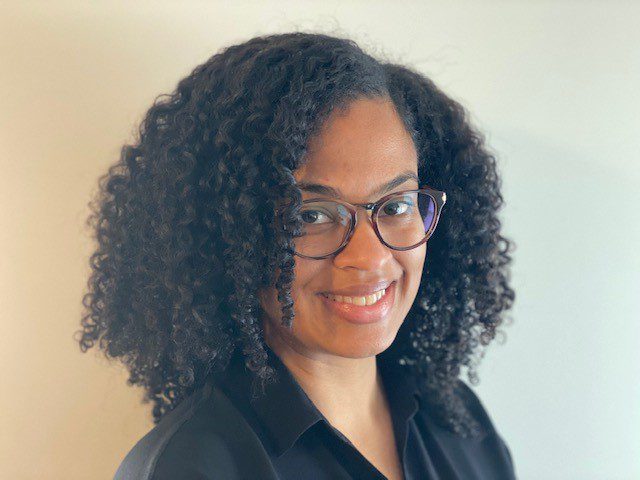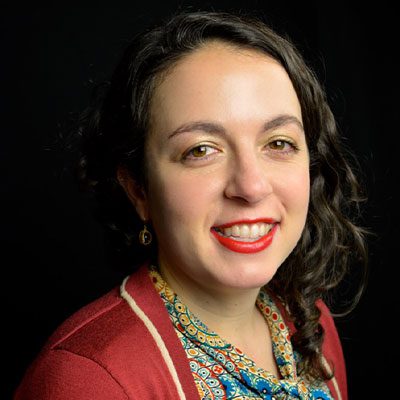This guide to gender-responsive approaches was developed by The Council of State Governments Justice Center in partnership with the National Resource Center on Justice Involved Women. The guide can help program providers in behavioral health and criminal justice settings across the country develop gender-responsive programs. The guide focuses on six topics that are fundamental to carrying out effective programs for women in the justice system: Foundational Elements for Successful Gender-Responsive Programs, Key Facts about Women in the Criminal Justice System, Gender-Responsive Criminogenic Risk and Needs Assessment, Gender-Responsive Case Management, Gender-Responsive Programming, and Select Resources. Gender-Responsive Criminogenic Risk and Needs Assessment, Gender-Responsive Case Management, and Gender-Responsive Programming exist as independent fact sheets as well as in the guide. (Photo credit: Rebekah Zemansky / Shutterstock.com)
Related Resources

Preparing Law Enforcement Agencies for Embedded Clinicians
Crisis Systems, Law Enforcement, Mental Health
Read more
Building Successful Partnerships with Peer-Run Organizations
Co-Occurring Substance Use, Mental Health
Read more
FY2023 Planning and Implementation Guide for JMHCP Connect and Protect
Co-Occurring Substance Use, Law Enforcement, Mental Health
Read moreAuthors

Elizabeth Fleming
Senior Operations Specialist, Behavioral Health
Elizabeth Fleming provides writing, research, and project management support to the Behavioral Health Division. Prior to joining the CSG Justice Center, she was a fine art photographer for over a decade and served as a chapter leader for the International Cesarean Awareness Network, where she advocated for maternal and child health. Elizabeth holds a BFA in photography from Washington University in St. Louis; an MFA in photography, video, and related media from the School of Visual Arts in New York City; and an MA in sociology from Columbia University.

Allison Upton
Deputy Program Director, Behavioral Health
Allison Upton provides technical assistance to grantees and supports policy development and projects specializing in the intersection of criminal justice and behavioral health issues. Prior to joining the CSG Justice Center, Allison worked at the Center for Alternative Sentencing and Employment Services (CASES) as the director of court programs, where she oversaw the court and community operations of several alternative-to-incarceration (ATI) and detention programs serving adults with behavioral health needs in New York County. While at CASES, she developed a gender-specific track of ATI services for women involved in the justice system and provided training on evidence-based practices in screening/assessment in justice settings, gender-responsive recidivism risk assessment, trauma-informed case management practices, and cognitive behavioral group interventions aimed at minimizing risk of recidivism. Allison previously worked as a staff psychologist in inpatient services at the Manhattan Psychiatric Center and as the director of an outpatient program at the Bronx Children’s Psychiatric Center. She received her BA from the University of Miami and her MS and PsyD in clinical psychology from Nova Southeastern University.

Felicia Lopez Wright
Project Manager, Behavioral Health
Felicia Lopez Wright oversees training and technical assistance for Second Chance Act Crisis Response and Community Reentry grantees. She also contributes to projects on topics such as gender-responsive services for women in the justice system and enhancing crisis and justice system collaborations. Felicia previously provided training and technical assistance under the Justice and Mental Health Collaboration Program. Felicia is a licensed clinical social worker with over a decade of combined experience providing mental health therapy to demographically diverse populations in various care settings, special education case management in a public school district, and short-term counseling at a community court program. She earned a BA in psychology from The College of New Jersey and an MSW from Rutgers University.

Sarah Wurzburg
Deputy Division Director, Behavioral Health
Sarah Wurzburg oversees technical assistance focused on behavioral health, diversion, and reentry and serves as the lead for projects related to substance use, mental illnesses, and housing. She leads the work on the development of community responder programs, including a toolkit that supports sites in development of non-police responses to people in crisis. Previously, Sarah was a research analyst at the National Association of State Alcohol and Drug Abuse Directors, Inc., where she was the team lead for Youth and Women’s Services and was the primary author of research reports on youth substance use disorder treatment, driving under the influence, and Medicaid. Sarah has also worked as a juvenile court advocate and in community substance use disorder prevention. She received her BA from DePauw University in English (writing) and her MA in social services administration with a focus on policy analysis from the University of Chicago.

Becki Ney
Author
Becki Ney is a retired principal and founding member of the Center for Effective Public Policy and was formerly the Director of the National Resource Center on Justice Involved Women (NRCJIW). In her role as NRCJIW project director, she provided resources, disseminated research findings, and coordinated TTA to jurisdictions throughout the country on a wide variety of topics related to incarcerated women. Her experience with gender-responsive justice solutions also included directing the National Institute of Corrections (NIC) Improving Community Responses for Women Offenders project and pilot testing the NIC Gender-Informed Practices Assessment for women’s facilities.